14 start with C start with C
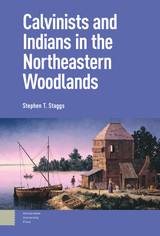

The legends that die hardest are those of the romantic outlaw, and those of swashbuckling pirates are surely among the most durable. Swift ships, snug inns, treasures buried by torchlight, palm-fringed beaches, fabulous riches, and, most of all, freedom from the mean life of the laboring man are the stuff of this tradition reinforced by many a novel and film.
It is disconcerting to think of such dashing scoundrels as slaves to economic forces, but so they were—as Robert Ritchie demonstrates in this lively history of piracy. He focuses on the shadowy figure of William Kidd, whose career in the late seventeenth century swept him from the Caribbean to New York, to London, to the Indian Ocean before he ended in Newgate prison and on the gallows. Piracy in those days was encouraged by governments that could not afford to maintain a navy in peacetime. Kidd’s most famous voyage was sponsored by some of the most powerful men in England, and even though such patronage granted him extraordinary privileges, it tied him to the political fortunes of the mighty Whig leaders. When their influence waned, the opposition seized upon Kidd as a weapon. Previously sympathetic merchants and shipowners did an about-face too and joined the navy in hunting down Kidd and other pirates.
By the early eighteenth century, pirates were on their way to becoming anachronisms. Ritchie’s wide-ranging research has probed this shift in the context of actual voyages, sea fights, and adventures ashore. What sort of men became pirates in the first place, and why did they choose such an occupation? What was life like aboard a pirate ship? How many pirates actually became wealthy? How were they governed? What large forces really caused their downfall?
As the saga of the buccaneers unfolds, we see the impact of early modern life: social changes and Anglo-American politics, the English judicial system, colonial empires, rising capitalism, and the maturing bureaucratic state are all interwoven in the story. Best of all, Captain Kidd and the War against the Pirates is an epic of adventure on the high seas and a tale of back-room politics on land that captures the mind and the imagination.


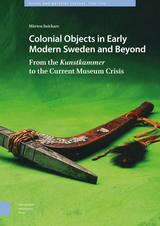
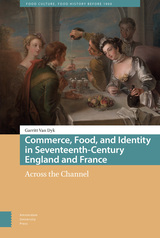
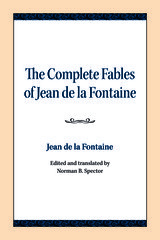

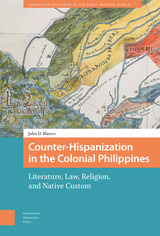

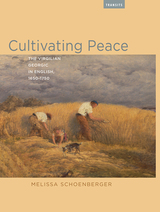
Published by Bucknell University Press. Distributed worldwide by Rutgers University Press.
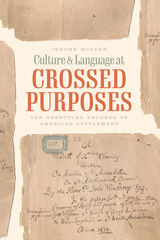
Classic American literature, Jerome McGann argues, is haunted by the betrayal of seventeenth- and eighteenth-century Indian treaties—“a stunned memory preserved in the negative spaces of the treaty records.” A noted scholar of the “textual conditions” of literature, McGann investigates canonical works from the colonial period, including the Arbella sermon and key writings of William Bradford, John Winthrop, Anne Bradstreet, Cotton Mather’s Magnalia, Benjamin Franklin’s celebrated treaty folios and Autobiography, and Thomas Jefferson’s Notes on the State of Virginia. These are highly practical, purpose-driven works—the record of Enlightenment dreams put to the severe test of dangerous conditions. McGann suggests that the treaty-makers never doubted the unsettled character of what they were prosecuting, and a similar conflicted ethos pervades these works. Like the treaty records, they deliberately test themselves against stringent measures of truth and accomplishment and show a distinctive consciousness of their limits and failures. McGann’s book is ultimately a reminder of the public importance of truth and memory—the vocational commitments of humanist scholars and educators.
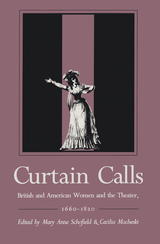
“I here and there o’heard a Coxcomb cry,
Ah, rot—’tis a Woman’s Comedy.”
Thus Aphra Behn ushers in a new era for women in the British Theatre (Sir Patient Fancy, 1678). In the hundred years that were to follow—and exactly those years that Curtain Calls examines—women truly took the theater world by storm.
For each woman who chose a career in the theater world of the eighteenth century, there is a unique tale of struggle, insult, success, good or bad fortune, disaster, seduction, or fame. Whether acting, writing, reviewing, or stage managing, women played a major, if frequently unacknowledged, role in the history of the theater from the late seventeenth through the early nineteenth centuries. From Alpha Behn’s earliest plays through the glorious celebrity of Sara Siddons, women molded the taste of the age and carved out in the theater one of the few available opportunities for independence and renown.
Not all the women who tried succeeded, of course, and even the best faced opposition as they challenged the male stronghold of playwriting and theater managing. Curtain Calls maps the new territory as these pioneering women staked it for their own; it chronicles their lives, their triumphs, and their losses.
We begin with Aphra Behn, whose first play was staged in 1670, and conclude in the early decades of the nineteenth century with Inchbald and Siddons. The one hundred and fifty years encompassed by their lives contain the careers of dozens of lesser–known women, a network, as Dr. Johnson would have it, encompassing both talent and tribulation.
Contributors include: Edward Langhans, Linda R. Payne, Pat Rogers, Maureen e. Mulvihill, Deborah Payne, Betty Rizzo, Ellen Donkin, Frances M. Kavenik, Jessica Munns, nancy Cotton, Edna L. Steevs, Doreen Saar, Jean B. Kern, Katherine M. Rogers, Constance Clark, William J. Burling, Judith Phillips Stanton, Douglas Butler, Rose Zimbardo, and the editors.
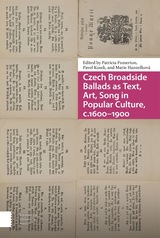
READERS
Browse our collection.
PUBLISHERS
See BiblioVault's publisher services.
STUDENT SERVICES
Files for college accessibility offices.
UChicago Accessibility Resources
home | accessibility | search | about | contact us
BiblioVault ® 2001 - 2024
The University of Chicago Press









